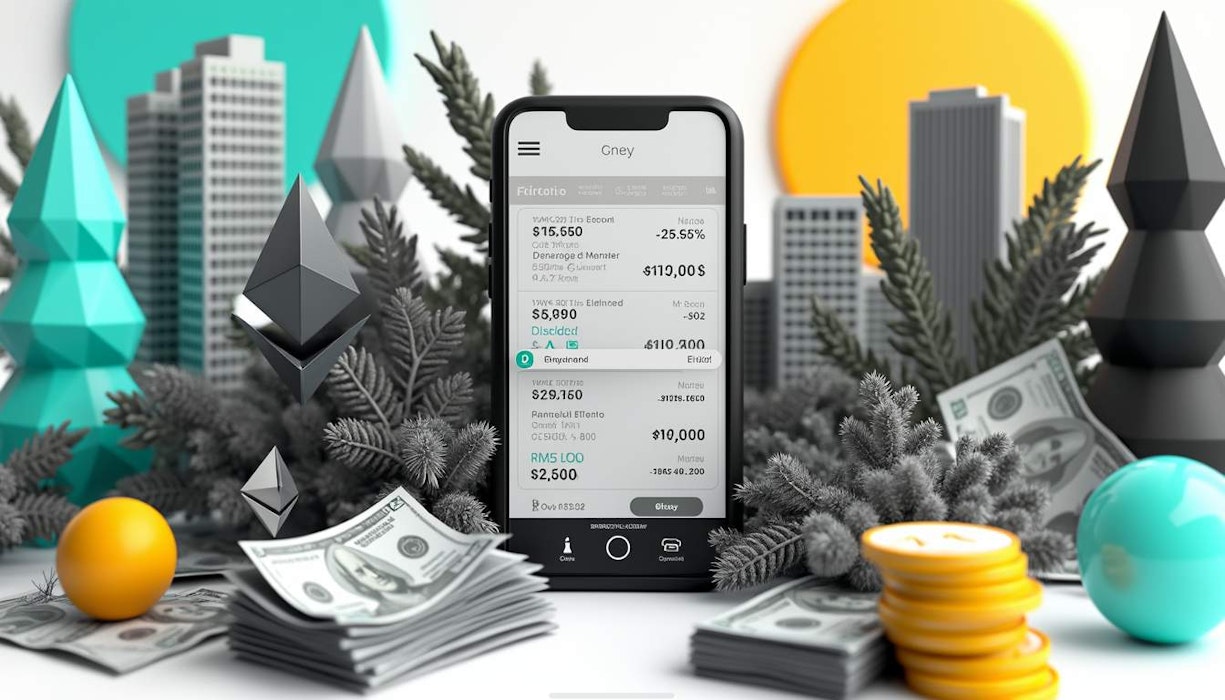Mt. Gox's back in the news, huh? They just moved over $2.8 billion worth of Bitcoin, and the crypto community is buzzing with opinions. Are we gonna see some chaos in the markets, or is institutional liquidity gonna save the day? Let’s unpack this and see what it means for the crypto online exchange world.
Mt. Gox's Moves
You all remember Mt. Gox, right? Once the biggest crypto exchange, it took a nosedive in 2014 after a series of hacks that cost them 850,000 BTC. Fast forward to now, and they're up to their old tricks—this time with some serious Bitcoin transfers.
On December 6, they shifted over 27,871 Bitcoins, which is a whopping $2.8 billion, to different wallets. Then, they followed it up with a transfer of 3,619 BTCs. So, what's the fallout gonna look like?
What This Means for the Markets
Price Drops and Liquidity
We all know large Bitcoin transfers can shake things up. That 27,871 BTC transfer caused Bitcoin's price to dip by 1.4%. But, thankfully, the market's a bit more resilient these days. Institutional investors and nation-states have stepped up, making liquidity a bit more of a cushion for these kinds of moves.
Network Fees and Small Businesses
Now, these big transfers don’t directly affect transaction fees, but they can congest the network. If you're a small business, you might be hit with higher fees during peak times. In regions with high inflation, using stablecoins pegged to stable currencies like the USD can save some cash.
The Business Perspective
For small businesses, the key takeaway is to consider alternative payment methods. Using stablecoins could save you some money on remittances, and being smart about network congestion could optimize your cross-border payments.
Institutional Investors to the Rescue?
Increased Trading and Liquidity
Having institutional players in the Bitcoin market means more trading volume and liquidity. This helps everyone buy or sell without sending the price into a tailspin.
Stability Over Time
Institutions also tend to hold on to their investments longer. This means less panic selling, and it could stabilize Bitcoin's historically wild market.
Less Volatility?
When big players accumulate Bitcoin and keep it in reserve, it reduces the circulating supply. Each dollar they invest raises the market cap, which could lead to a less volatile market—if they stick around as long-term holders.
Better Infrastructure
Also, let’s not forget, when institutions get involved, they usually bring better infrastructure with them. This can make the market more efficient and less vulnerable to wild swings.
Lessons from Mt. Gox
The Mt. Gox heist was a wake-up call for everyone. Here’s what it taught new exchanges about security:
- Keep most funds in cold storage.
- Use multi-signature wallets.
- Encrypt sensitive data.
- Do frequent security checks.
- Foster a security-first culture.
- Use version control in software development.
- Use multi-factor authentication.
- Monitor for threats with AI.
- Stay compliant with regulations.
Final Thoughts
There you have it. Mt. Gox's large Bitcoin transfers have made waves, but the impact on prices seems muted thanks to the institutional liquidity. And the lessons learned from their downfall? Well, they’re still shaping the future of crypto exchanges.
